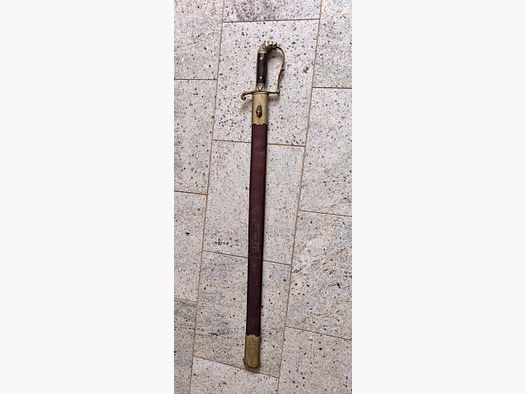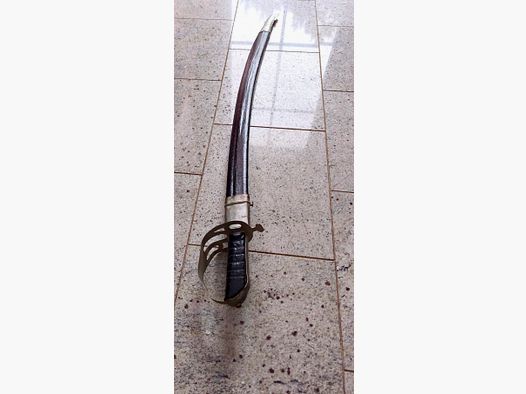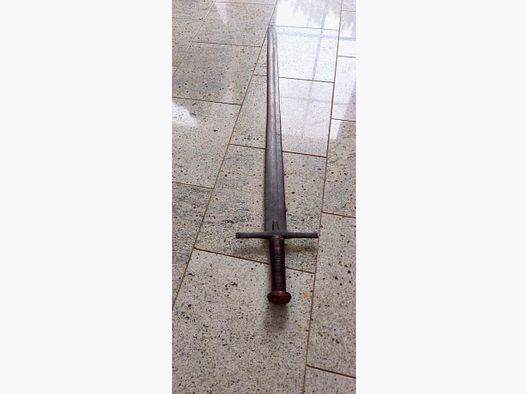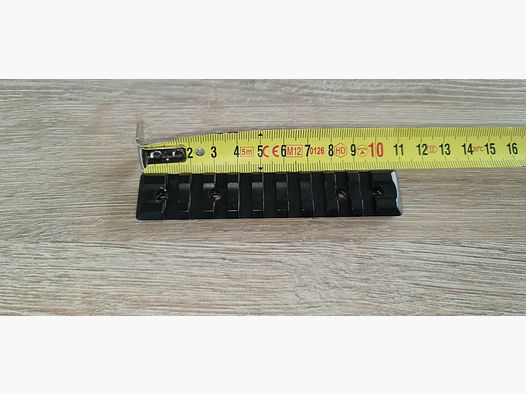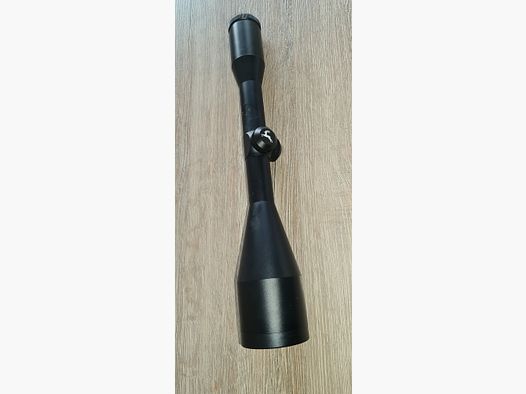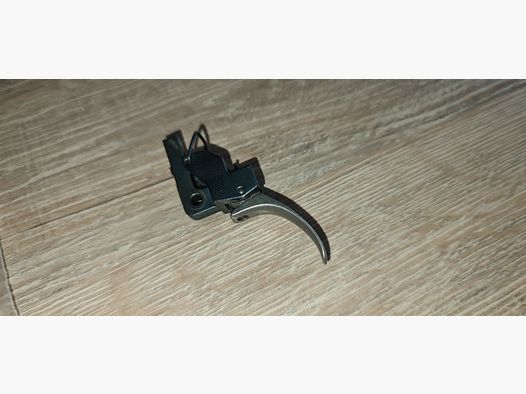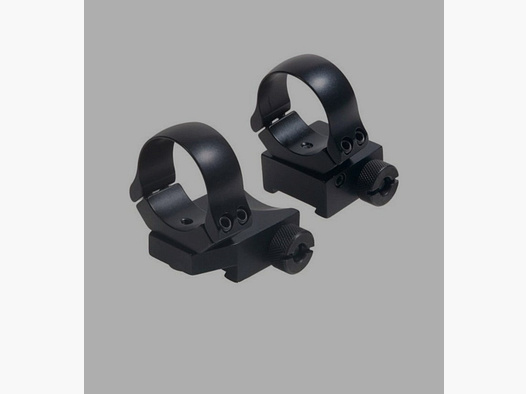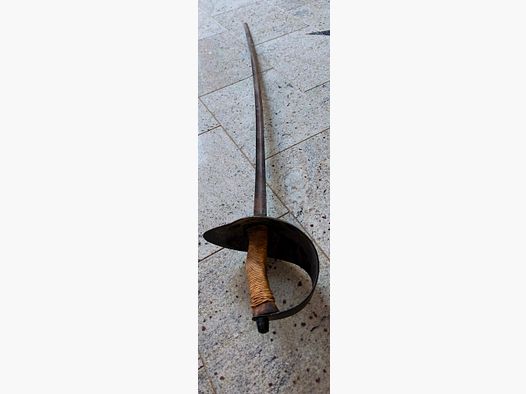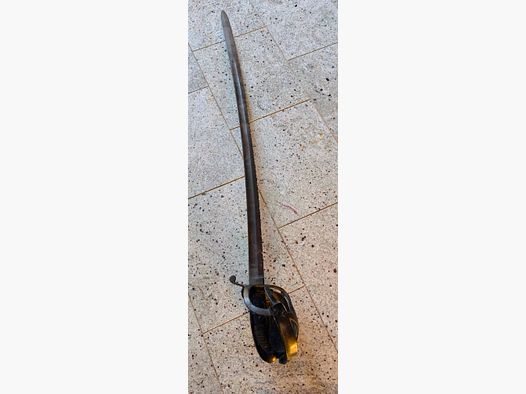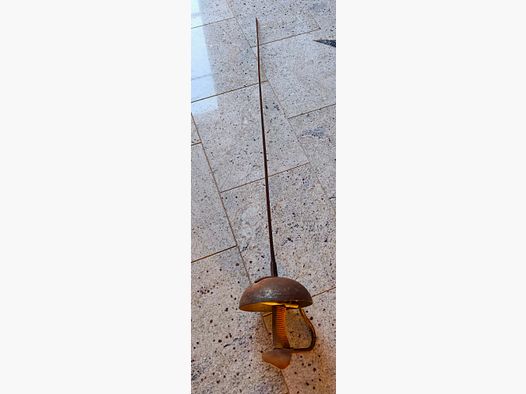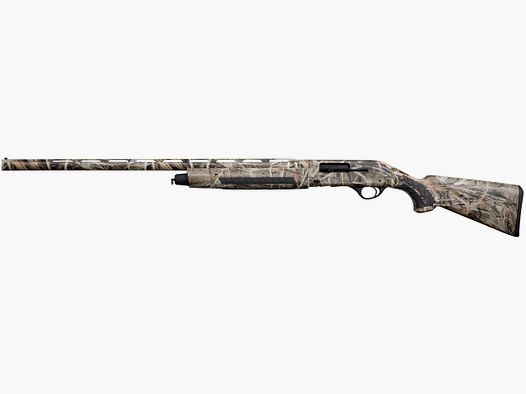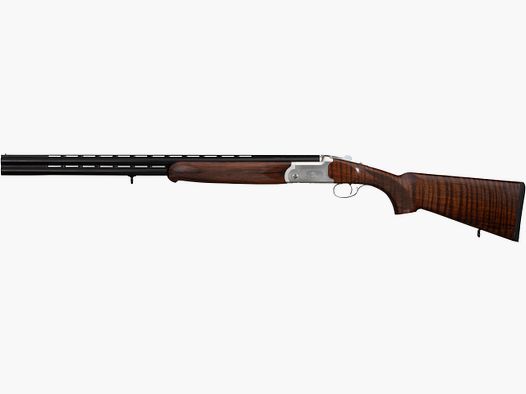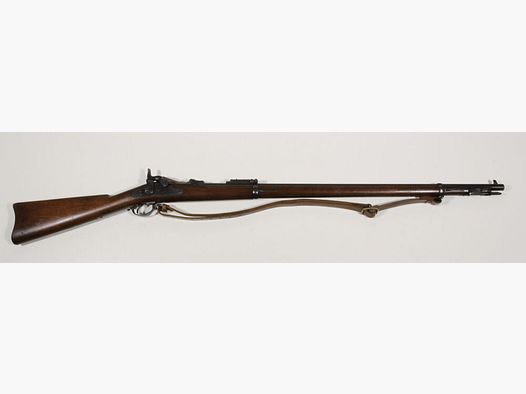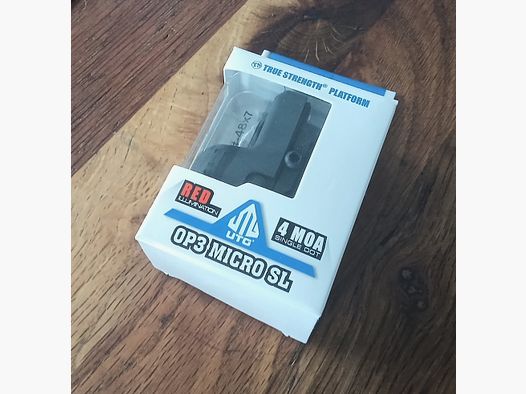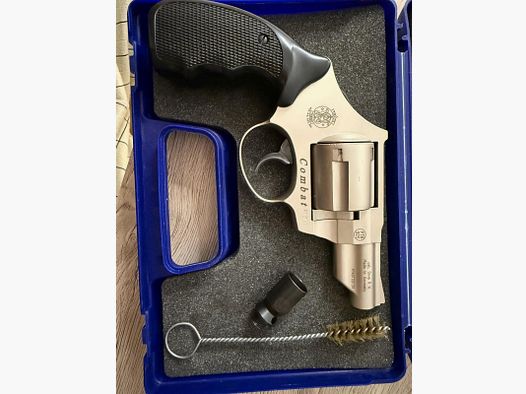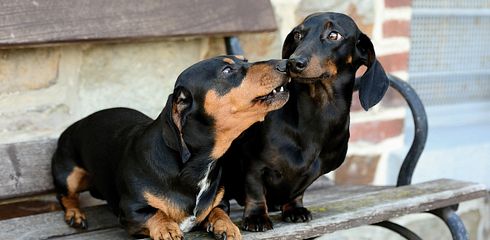What is a Small Münsterländer?
The Small Münsterländer is a relatively young German hunting dog breed. It originated at the beginning of the 20th century from old hunting dog strains, primarily the German Longhaired, in the North Rhine-Westphalian Münsterland. Hence, it gets its name.
The Small Münsterländer, like its ancestors, is a pointing and bird dog, but it has been bred to be smaller and more agile, with a strong emphasis on its social compatibility.
Profile of the Small Münsterländer:
| Height: | 48-58 cm |
| Weight: | 18-27 kg |
| Colors: | Brown-White, Brown-Red-Grey, White-Brown, Roan |
| Coat Structure: | Dense, medium-length, smooth to slightly wavy, close-fitting and water-repellent |
| Life Expectancy: | up to 13 years |
| Suitable as: | Hunting, family, and companion dog |
| Character: | Happy, Intelligent, Affectionate, Strong-willed, Attentive, Trainable |
| Need for Exercise: | Medium-High |
| Water Affinity: | Medium-High |
| Child-Friendly: | Yes |
| Social Compatibility: | Medium-High |
| Family Dog: | Yes |
| FCI Group: | 7: Pointing Dogs |
What is the temperament & character of the Small Münsterländer?
The Small Münsterländer is considered a small, lively, and active pointing dog with pronounced social intelligence. It is also regarded as obedient and family-friendly.
Regarding sharpness on game and gun sensitivity, breeding plays a significant role. There are breeds with a pronounced hunting drive and a healthy (predatory) sharpness, as well as those that are more suited as family companion dogs with a more pronounced hunting drive.
What does a Small Münsterländer look like?
The Small Münsterländer is the smallest German pointing dog breed. Its strong, muscular build appears elegant, harmonious, and well-proportioned. The head, with its high-set, pointed floppy ears and attentive brown eyes, sits on a muscular neck, which connects to a straight back line.
The Small Münsterländer has medium-length, dense, but smooth fur. Nowadays, the Small Münsterländer is almost exclusively bred in Central Europe in the color combination of white-brown. _However, various lines are still maintained regarding color structure.
How do you train a Small Münsterländer?
The Small Münsterländer is a very active dog with a hunting background due to its breeding. Therefore, it has a basic need for exercise, activity, and (hunting) engagement.
If this cannot be provided, the temperamental and active dog needs an adequate balance, for example, in dog sports or in training as a tracking and scent dog. If you manage to engage him in such activities with a lot of patience and empathy, you may also be able to keep his hunting drive in check.
He should also have enough space at home and, ideally, opportunities for exercise, such as a garden with a secure fence. If he cannot be exercised daily through hunting or sports, long walks and engagement with toys or smaller thinking tasks are essential.
What diet is suitable for a Small Münsterländer?
Like all hunting dogs, the diet of the Small Münsterländer should be designed to provide him with the proteins and vitamins his body needs to meet the physically demanding challenges of hunting and leisure activities. He should also be fed as naturally as possible, meaning meat-rich and balanced, to maintain his athletic build.
A good method to provide the dog with large portions of meat is raw feeding (BARF). This food consists of raw meat from cattle, sheep, horses, and other slaughter animals, excluding pigs. Raw pork poses health risks for dogs, such as due to the auezkys disease.
Regarding a varied and balanced diet, it is also advisable to offer the dog cooked vegetables together with fresh meat, etc.
Grains like wheat, corn, etc., are simply not needed by hunting dogs, and when feeding dry food, it should always be ensured that such grains are processed in minimal amounts.
Some cooked rice is fine from time to time, and rice porridge can work wonders for gastrointestinal diseases.
In general, an adult Small Münsterländer should receive 2-3 meals per day, ideally at regular times, to establish a routine for a structured daily schedule.
Puppies need three to four meals per day. Small treats or pieces of sausage are suitable as rewards during training. Rewards and snacks in between should be considered in the total food amount. It is also important to ensure a constant supply of water for the dog. Practical water bottles with integrated bowls are available for on the go.
How do you care for a Small Münsterländer?
As a nature lover, the Small Münsterländer often comes into contact with sources of contamination. He loves to rummage through muddy leaf piles, roll in meadows and forests, and brush through dense branches in all weather, paying little attention to not getting dirty - quite the opposite.
Therefore, his care requires a little effort. With a brush with natural bristles and a comb with coarse teeth, you can quickly remove dirt and debris from the Small Münsterländer's medium-length fur.
A bath or shower is only necessary in cases of severe dirt and is therefore quite rare. However, if the Small Münsterländer enjoys it, you can occasionally wash him off, even with dog shampoo, for grooming purposes.
What are the disadvantages of a Small Münsterländer?
The Small Münsterländer has many positive traits that make him a good (hunting) companion with proper training and care. However, this innate hunting drive should also be encouraged and challenged.
As with all hunting dogs, if the dog is not sufficiently exercised, behavioral problems and issues can arise. Additionally, the trainability of inadequately exercised dogs decreases drastically.
Does the Small Münsterländer fit me?
The question of whether a dog breed suits someone cannot be definitively and generally answered for the Small Münsterländer either.
If you are considering acquiring a Small Münsterländer, you should seriously familiarize yourself with the breed profile beforehand and carefully consider whether you can meet the dog's needs and training requirements, as well as whether you have enough time and patience for this. The family circumstances of the coming years should also be taken into account in the consideration.
The most important question to answer is: Does a Small Münsterländer fit my life circumstances?



